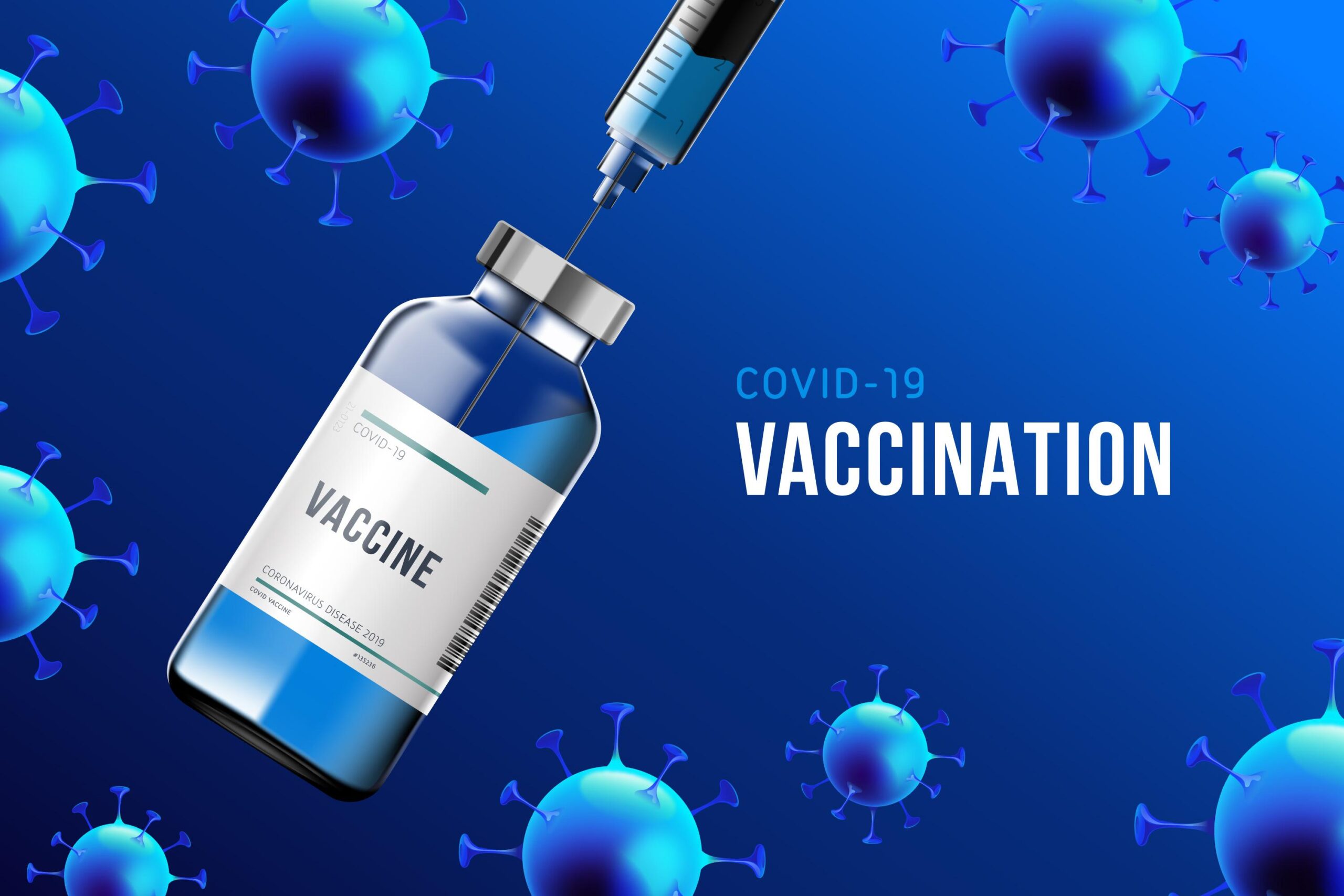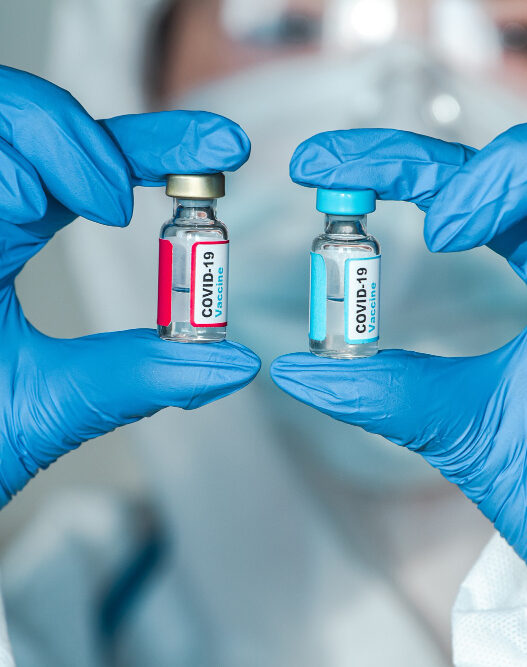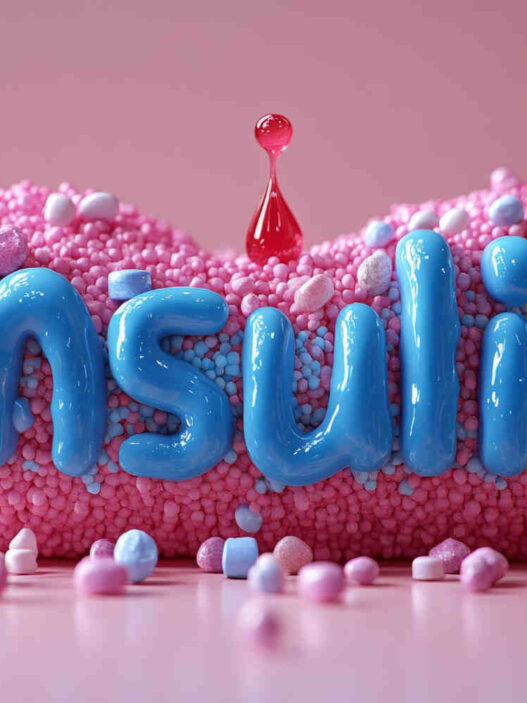Covaxin or Covishield?
This is the question on everyone’s mind and the whole of India is confused whether to go for Covaxin developed by Bharat biotech in collaboration with Indian Council of Medical Research (ICMR) or Covishield developed by Oxford University in collaboration with Astra Zeneca and locally manufactured by Serum Institute of India.
What’s Covaxin and why was it in controversy?
As per Bharat Biotech, Covaxin contains inactivated (dead) virus. It will therefore be unlikely to cause any disease but will be able to send instructions to the immune system to cause a defensive reaction against an infection. As per the World Health Organization, the inactivated vaccines use technology that has been proven to work in people and have been used since decades such as the flu vaccine or polio vaccine etc. This is the main advantage of Covaxin being based on a reliable, old, time-tested technology which may decide whether to go for Covaxin or Covishield.
However, Covaxin has been in controversy since its approval in India for emergency or restricted use. Generally, for any drug or vaccine, approval is granted only after the phase 3 clinical trials are completed. Phase 3 clinical trials test a drug or vaccine in thousands of people for efficacy and safety. However, Covaxin was given approval without the completion of the Phase 3 clinical trial thus questioning its efficacy.
Covaxin is 81% efficacious – Recent News
After much controversy surrounding Covaxin and for everyone to take a call regarding going for Covaxin or Covishield, recently in March 2021, Bharat Biotech announced the results of its preliminary ongoing phase 3 clinical trial on 25,800 participants where Covaxin showed 81% interim efficacy after the second dose. Out of these 25,800 persons, more than 2400 persons were over 60 years of age and more than 4500 with comorbid conditions. The efficacy results were based on 43 cases of COVID-19 in participants of a clinical trial out of which 36 did not receive the vaccine while 7 received the vaccine. Interim efficacy implies that results are preliminary and will be confirmed later when the trial will be completed. Nevertheless, these results on the efficacy of the vaccine are really encouraging to know and improved confidence in the indigenously developed vaccine.
Covishield and its efficacy
Covishield vaccine is based on the viral vector method. This method uses a safe virus to deliver some parts called proteins of interest is done which trigger an immune response. For Covishield, the weakened form of the common cold virus (called adenovirus) from chimpanzees was modified to look like coronavirus and the body’s defence mechanism recognize the spike protein and start producing antibodies to fight the infection. The viral vector method has also been used traditionally and vaccines for Ebola were used recently using this viral vector technology. Thus, while Moderna and Pfizer vaccines are based on a novel mRNA-based technology, both Covaxin and Covishield uses traditional methods which is an advantage.
When Covishield was approved in India, the Serum Institute of India had submitted data of clinical trial carried out abroad on more than 23000 participants showing close to 70% efficacy. However, efficacy was 81.3% in those with a longer interval between the first and second dose as reported in The Lancet. It was interpreted that a 3-month dose interval might be more advantageous. Currently, the adequate period specified between the first and second dose is also debatable, and experts believe that this duration may have to be increased. So, other than deciding on Covaxin or Covishield, one has to also look at the better duration between the two doses.
Recent concerns over Covishield safety and its relation to severe blood clots in UK and Europe have brought it into a controversy, especially for older people. Despite several countries including the Irish Republic, Denmark, Norway, Iceland, and the Netherlands suspending the vaccine over reports of multiple clots, WHO and the European Medicines Agency (EMA) denied any link between the two and that the clots may not be related to the vaccine. In India, the government is planning to monitor the post-vaccination side effects. However, there is no plan as of now for suspending the vaccine as there is no evidence of such concerns in India. Nevertheless, this is going to make Covishield slightly less popular in comparison to Covaxin. On Apr 11, 2021, the rare incidence of dangerous blood clotting following Covishield has been confirmed by European and UK regulatory agencies. For details, please read here.
Persons on blood thinners and the vaccine
Earlier, persons on blood thinners like aspirin etc. were advised not to take Covaxin based on the information on its package insert. Similarly, for Covishield, it was required to consult healthcare provider if a person is on blood thinner. However, recently, ICMR has clarified that persons on blood thinners may not stop their medication and can take the vaccination, whether Covaxin or Covishield, without any concerns.
Which one to take then?
As far as the decision regarding whether to take Covaxin or Covishield, there are more questions than answers, and only time will tell which vaccine would be more efficacious or safer. However, with the rising coronavirus cases again in the country, it is important to get vaccinated with any of these as both has its own set of advantages/ disadvantages. The government has recommended both vaccines, Covaxin and Covishield, without any safety concerns except for people allergic to the contents of the vaccine.
For more updates, keep checking https://www.healthieyoo.com and subscribe.










